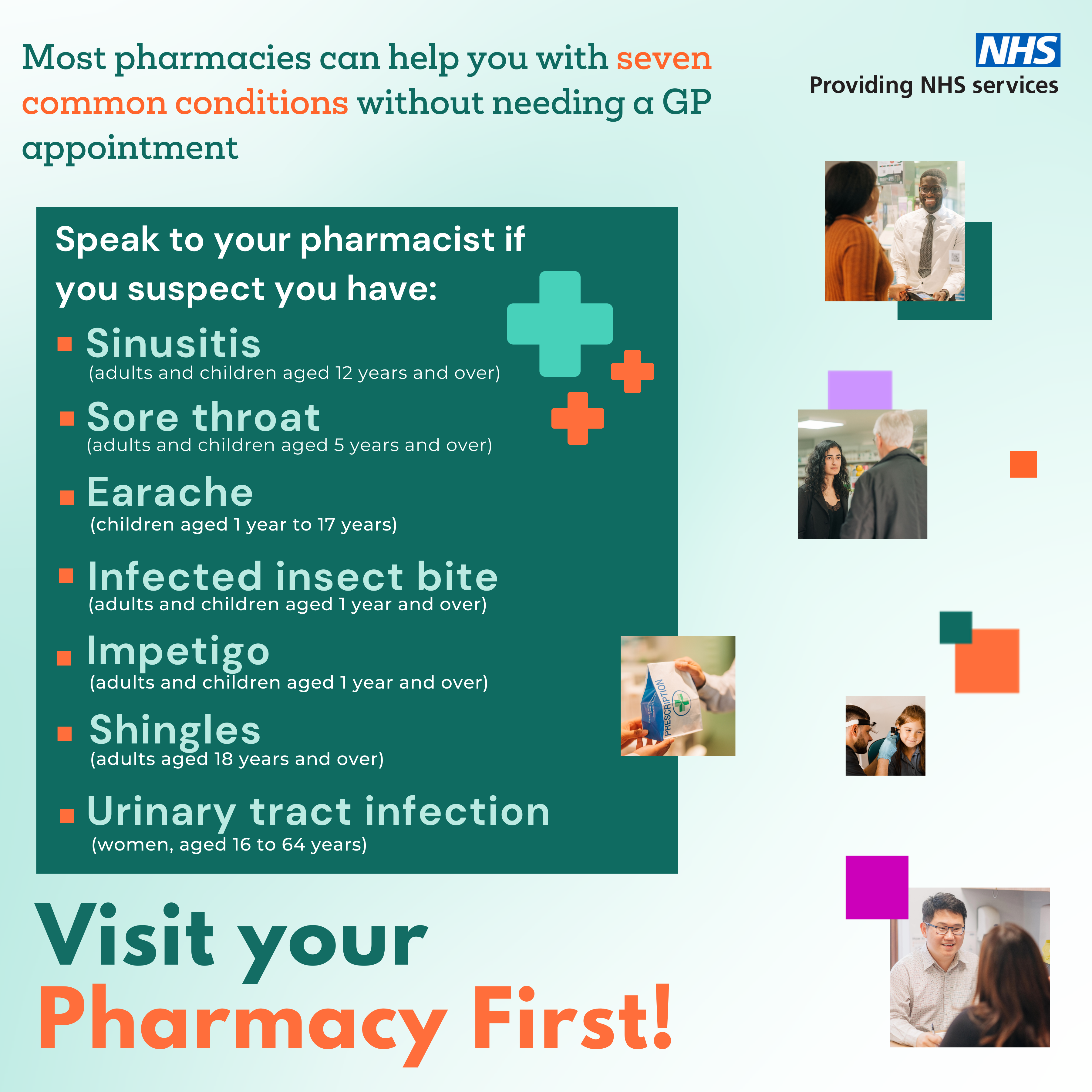UK's Pharmacy First Service Empowers Pharmacists to Prescribe Antibiotics for 7 Conditions, Sparking US OTC Debate

London, UK – The National Health Service (NHS) in the UK launched its "Pharmacy First" service on January 31, 2024, enabling trained pharmacists to assess and treat seven common conditions, including uncomplicated urinary tract infections (UTIs) in women aged 16-64. This initiative allows pharmacists to supply prescription-only medications, including antibiotics like nitrofurantoin or trimethoprim, under strict clinical guidelines, aiming to alleviate pressure on general practitioners and emergency departments. The move has reignited discussions in the United States regarding broader access to antibiotics through pharmacists or over-the-counter (OTC) channels.
The new UK service covers a range of ailments such as impetigo, infected insect bites, shingles, sinusitis, sore throat, and earache, in addition to UTIs. This model provides a more convenient pathway for patients to receive necessary treatment without requiring a doctor's appointment. As noted by Parmita Mishra on social media, this system is "Not truly 'grab-off-the-shelf' OTC, but no GP visit needed. Feels like it would reduce the burden in ERs, and be far more convenient."
In the United States, some states, like Idaho, already permit pharmacists to prescribe antibiotics for uncomplicated UTIs under specific protocols, aligning with a more regulated approach to antibiotic access. However, the broader availability of oral antibiotics as OTC medications remains a contentious issue due to concerns about antibiotic resistance. According to the Centers for Disease Control and Prevention (CDC), antibiotic resistance is a significant global health threat, exacerbated by the misuse and overuse of these drugs.
Experts warn that easy access to antibiotics without proper medical consultation can lead to self-medication, incorrect diagnoses, and incomplete treatment courses, all of which contribute to the development of drug-resistant bacterial strains. While the tweet highlights that "About 25–30% of women who experience one urinary tract infection (UTI) will have a recurrence within six months, and roughly 50% within a year," prompting questions about the feasibility of OTC options for simple antibiotics, strict regulations in the US currently require prescriptions for most oral antibiotics to mitigate these risks. The debate continues on how to balance patient convenience and access to care with the critical need to preserve the efficacy of antibiotics for future generations.